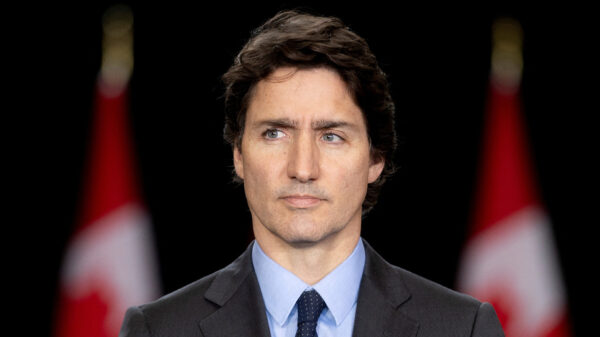WASHINGTON, Jan 22 – A proposal by President Barack Obama to curb the size and scope of US banking firms sets up a tough battle to pass and implement an ambitious plan to reduce risk in the financial system, analysts say.
News of the effort Thursday sent shivers through Wall Street, where investors feared limits may hurt US firms, and drew mixed reactions from economists and other analysts.
The plan is aimed at limiting "excessive" risk taking and preventing banks and other financial institutions from owning, investing in or sponsoring hedge funds or private equity funds.
This would force a financial firm to choose between proprietary activities — trading in stocks and sometimes risky financial instruments on its own account — and commercial activities, like making loans and collecting deposits.
The initiative, which needs approval by Congress, includes a new proposal to limit the consolidation of the financial sector, placing broader limits on "excessive growth of the market share of liabilities" at the largest financial firms.
Some analysts said the measure could be a setback for the financial system by bringing back a number of the measures from a Depression-era law that separated investment banks and commercial banks, known as the Glass-Steagall Act.
"It seems to me that going backward is not the right thing for us to do, I think we should be going forward," said Sung Won Sohn, economist at California State University.
Sohn said the measure, even if approved, might not achieve its desired impact because the global system is interconnected.
"Most countries including Europe have no Glass-Steagall acts so they have a free range to get into almost every aspect of finance," he said. "I don\’t think we should handicap American institutions."
But Joseph Stiglitz, a Columbia University economist and Nobel laureate, said the general idea of the Obama plan was positive.
"I think we do need to change the regulatory framework," Stiglitz said at a Washington forum before details of the Obama proposal were announced.
"If you look at the incentives at the individual level and the organizational level, they\’re distorted, they encourage the kind of risk taking that we got. When you have banks that are too big to fail, they gamble."
The Financial Services Roundtable, which represents 100 of the largest integrated financial firms, said the proposal would do little to improve risk management or protect consumers from irresponsible loans and trades.
"The proposal will restrict lending, increase risk, decrease stability in the system, and limit our ability to help create jobs," said Steve Bartlett, president and chief executive of the Roundtable.
David Easthope, analyst with Celent, a Boston-based financial research and consulting firm, said the effort could hit the banks in one of their most profitable areas.
Proprietary trading "has been the sweet spot for leading investment banks over the last few years, and executives will be concerned that Washington will be taking away the frosting," he said.
Top Obama economic aide Austan Goolsbee said the goal is to refocus banks but is not a return to the Depression-era law creating a wall between investment and commercial banks.
"It\’s not returning to Glass-Steagall," Goolsbee said.
While the the act repealed in 1999 barred commercial banks from underwriting or investing in securities, Goolsbee said, "This is not that. This says a bank cannot own a hedge fund, cannot own a private equity fund or do trading for its own account that is not related to its client business."
He added that the goal is "to get back to the fundamental nature of the bank, which is serving its clients, rather than investing for its own profit."

































